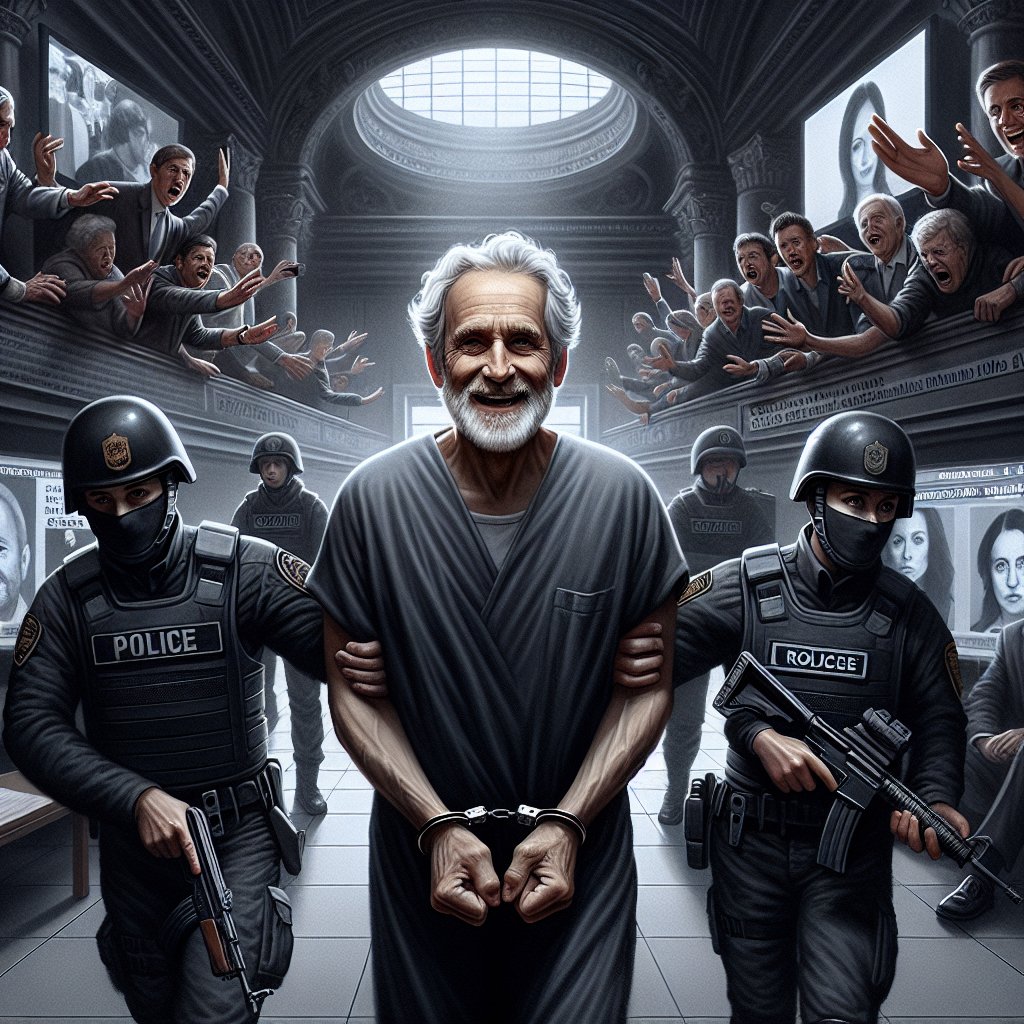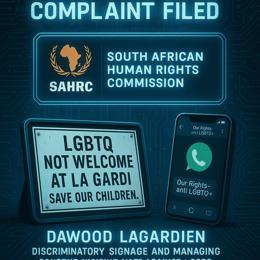Image created by AI
Human Rights Advocate Oleg Orlov Sentenced in Russia for Criticizing War
In a significant development that drew international attention, Oleg Orlov, a highly respected human rights campaigner and co-chairperson of the Nobel Prize-winning group Memorial, was sentenced to two-and-a-half years imprisonment by the Golovinskii district court in Moscow. This punitive measure comes in the wake of Orlov's vocal criticism of the Russian invasion of Ukraine and the broader crackdown on dissent within Russia.
Memorial, a notable human rights organization until it was banned in Russia, confirmed Orlov's sentencing through a video posted online showing the 70-year-old smiling despite being handcuffed and escorted by officers into a van. Memorial, along with several rights groups, has condemned the court proceedings against Orlov, describing the trial as "a mockery of justice" and a flagrant assault on the right to freedom of expression. The organization has voiced its intention to contest the verdict and continues to advocate for human rights.
The charges against Orlov were rooted in an article he authored in 2022 where he fervently denounced Russia's military actions in Ukraine and accused the nation under President Vladimir Putin of sliding into fascism. Mediazona, an independent Russian news outlet, reported that the prosecution characterized Orlov's motivations as being driven by animosity towards traditional Russian values and the military.
Orlov's conviction reflects a wider pattern of repression that human rights organizations indicate has become increasingly pronounced since the invasion of Ukraine. The case against Orlov originated with a fine imposed by a district court. However, following an ordered retrial, the prosecution pushed for a more severe sentence.
Distressingly, Orlov's final court statements embraced the same candor he is renowned for. He professed his innocence, expressed zero regrets for his actions, and delivered a scathing critique of the Russian state's authoritarian and fascist tendencies.
His conviction parallels the disturbing circumstances surrounding the death of Alexei Navalny, a prominent opposition leader, earlier in the month in an Arctic penal colony. Although the exact details of Navalny's death are ambiguous, many attribute it to Russian authorities. The Kremlin, expectedly, dismissed these allegations as unfounded.
Following Orlov’s trial, Mariana Katzarova, the UN special rapporteur on human rights in Russia, articulated that the proceedings represented a contrived effort to suppress human rights defenders' voices in Russia. Orlov himself had anticipated an unfavorable trial outcome, stating in an interview with the AFP news agency that his history of documenting Soviet-era crimes and contemporary human rights violations in Russia oriented him towards advocating against the invasion of Ukraine.
Despite the increased risks, Orlov chose to remain in his homeland, asserting that his presence there had more significant impact than if he were abroad. This stands in stark contrast to other activists who have opted for exile to avoid repercussions under laws penalizing dissemination of "fake information" about the military—a charge that could attract up to 15 years of imprisonment.










